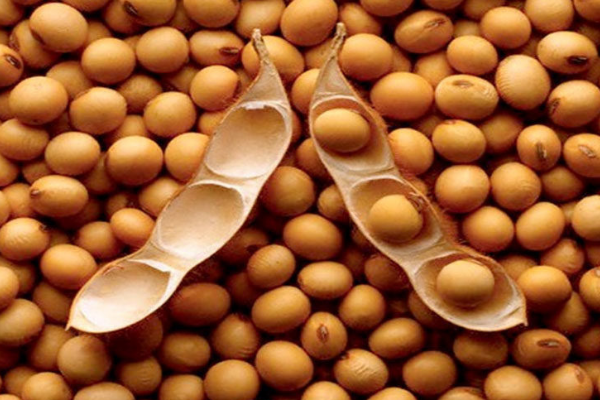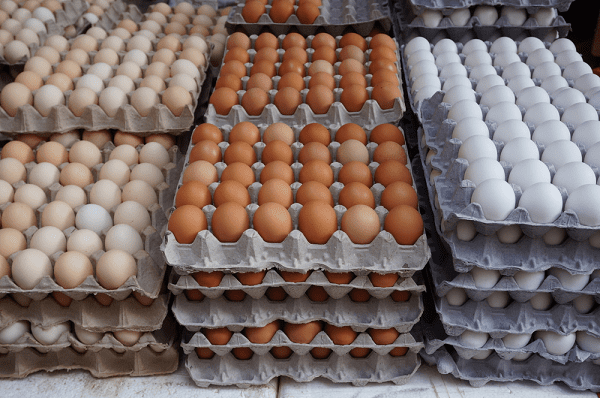The value of Nigerian soya beans in the global market has reached N462.2 billion ($ 1.18 billion) due to huge production which has led to the exportation of the according to recent Nigeria Port’s Authority, NPA, Shipping data.
The data revealed that Breadbox was currently loading 6,600 tonnes of the beans at Lagos Port; Vantage Sword, 10, 000 tonnes; Universe, 12,000 tonnes and Unisun, 5,000 tonnes. In 2018, the country produced 800, 000 tonnes.
It would be recalled that Olam, an agro-business company, had emerged as the largest buyer of Nigerian soya beans from local farmers and traders. The company had created an export market for the country’s beans and it accounted for the bulk of soya bean export because of the surplus to domestic needs. Prior to 2016, there was no export market for the bean.
The sudden rise in local production led to a crash in its importation. Data from the National Bureau of Statistics (NBS) revealed that a total of N14.2 billion soya beans were exported in 2020 following a 60 percent increase in production.
In the past, the country was only able to produce 731,000 tonnes between 2015 and 2016. Before the huge production, statistics by the Nigerian Ports Authority (NPA)’s shipping position revealed that the country had imported some 825,000 tonnes of beans from the United States between 2015 and 2017 as infant food manufacturers in the country depended on the beans as an alternative to cow milk because of its high nutritional value.
In 2017, the country took delivery of some 47, 476 metric tonnes through the Lagos Port Complex in Apapa. In the period, MV Noro Shanghai and MV Marina L. berthed with 30,476 metric tonnes and 17,000 metric tonnes of soybeans respectively.
Also, it imported 275,000 tonnes annually in 2015. Between 2014 and 2013 the country imported 121, 000 tonnes and 100,000 tonnes respectively to support local demand.
A total of 2.12 million tonnes was produced between January 2021 and December 2022.
Currently, the global price of oil is $550 per tonne as of February 2023. Soybean oil has become the major ingredient in producing chicken feed across the country as poultry farmers now depend on it to feed their birds. Data by Index Mundi, a global trade portal, revealed that the country has produced 2.15 million tonnes of oil seeds in the last two years.
The local tonnage of the beans made the country to become the largest producer of the beans in sub-Saharan Africa.
Nigeria recorded zero imports in 2019 through the anchor borrower scheme introduced by the Central Bank of Nigeria (CBN). This year four vessels have loaded 33, 600 tonnes between February and March 2023 at the Lagos Port.
Meanwhile, the Poultry Association of Nigeria (PAN) complained that the bean price had skyrocketed and the commodity had disappeared from the market.
It explained that SALMA Oil Mills in Kano, Grand Cereals in Jos, ECWA Feeds in Jos, and AFCOT Oil Seed Processors now depended on the commodity for their production.
1 min read
Nigeria’s Soya Beans Market Hits N462. 2bn in 2 years


Dare Akogun
Dare Akogun is a media innovator, strategic communication professional, and climate and energy transition journalist with over 11 years of impactful contributions to the media industry.



